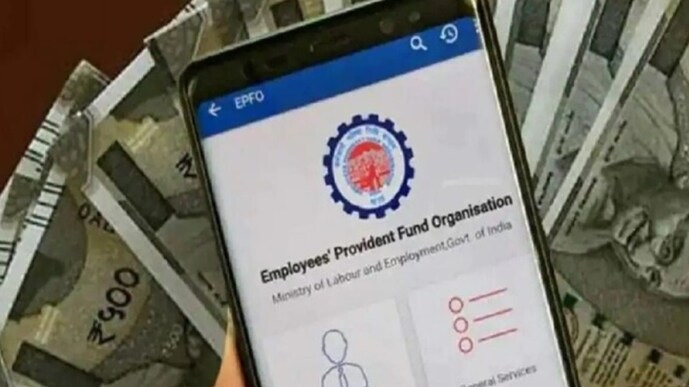A PF subscriber gets pension on completion of 58 years of age. But EPFO gives seven types of pension. The subscriber’s wife, children, parents and nominee are also entitled to pension. But there are some conditions for this.
12% deduction is made on the basic salary of workers working in the private sector for the EPF account. Also, the company also deposits the same amount in the PF account of the employee. Out of the money deposited by the employer, 8.33% goes to EPS (Employees Pension Scheme), while the remaining 3.67% goes to EPF.
Generally, EPFO starts giving pension when its subscriber completes 58 years of age. But, if a subscriber takes pension from EPFO at the age of 60 instead of 58 years, then he gets more pension. But he can get pension even at the age of 50 years after completing 10 years of service. But for this he has to fulfill some conditions. Not only this, EPFO gives seven types of pension. Let’s know about them…
Also Read: Taxpayers may get big relief in the budget, possibility of reduction in income tax rate
Suppose a subscriber has not completed 10 years of service and he becomes disabled before that. In such a situation, will he get pension? Similarly, if a subscriber dies before the age of 50, will his wife and children get pension? Pension will be given in both these cases. There are many more similar situations for which EPFO has made rules. Even more than two children of the subscriber can get pension. EPFO has broadly divided the pension into seven categories.
1- Retirement pension
This is a normal pension. This pension is given to the subscribers after completing 10 years of service or on attaining the age of 58 years.
2- Early Pension
Early pension is given to those subscribers who have turned 50 years old, have completed 10 years of service and have joined a non-EPF company. They can be given pension at the age of 50 or they can wait till 58 years to get full pension. If they get early pension, they will get 4% less pension every year. For example, if a subscriber is entitled to a pension of Rs 10,000 at the age of 58, then at the age of 57 he will get a pension of Rs 9,600 and at the age of 56 he will get a pension of Rs 9,216.
3- Disability pension
This pension is given to such subscribers who become temporarily or permanently disabled during service. There is no age and service period limit to get this pension. If a subscriber has contributed to EPF even for one month, then he is entitled to this pension.
4- Widow or child pension
On the death of the subscriber, his widow and children below 25 years of age will be entitled to pension. The third child is also entitled to pension but he will get pension only when the first child is 25 years old. In such a case, the pension of the first child will stop and the third child’s will start. This method will be applicable for the fourth child as well. That is, when the second child is 25 years old, his pension will stop and the fourth child’s will start. In this case also there is no restriction of age or minimum service. If a subscriber has contributed even for one month, then on his death his widow and children will be entitled to pension.
5- Orphan Pension
If a subscriber dies and his wife also dies, then in such a situation, his two children below the age of 25 years will be entitled to pension. But the pension will stop as soon as the children turn 25 years old.
6- Nominee Pension
After the death of the subscriber, the nominee becomes entitled to pension. But for this it is necessary that the subscriber has filled the e-nomination form on the EPFO portal.
7- Dependent Parents Pension
If a single EPFO subscriber dies, then his dependent father will be entitled to pension. After the death of the father, the subscriber’s mother will get pension. She will get pension for life. For this, Form 10D has to be filled.
